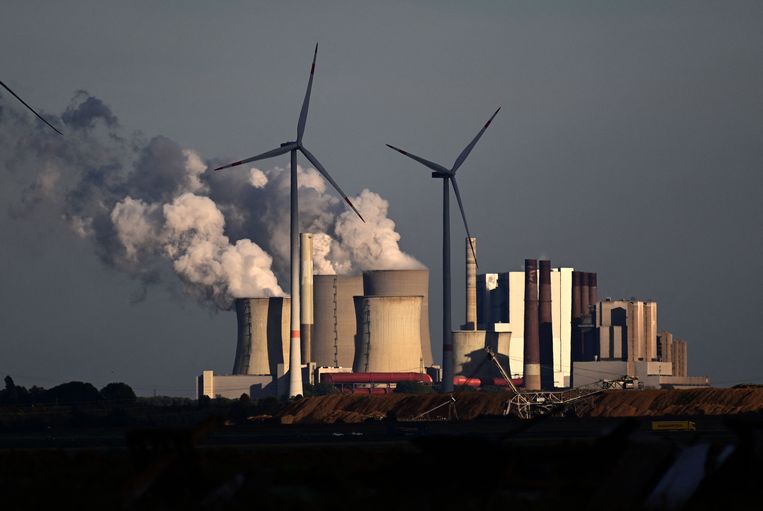Every year, this equates to 3 billion cubic meters of gas entering Germany via the LNG terminal near Hamburg. Germany has been diligently looking for alternatives since losing much of its natural gas supply to Russia. Hardly anything, because until recently Germany didn’t even have an LNG terminal to bring the gas ashore. Meanwhile, we are working on our own LNG infrastructure with manpower and power.
The German Energy Group says the deal is important for Europe as a whole. RWE says that if Germany can import more gas from countries other than Russia, it will increase security of supply for the entire continent. Due to its dependence on Russian gas, Germany is considered one of the drivers of high European gas prices. They rose to record highs after supplies from Russia largely stopped.
pressure medium
Long-term LNG contracts should free Germany from expensive gas, which is now bought on the spot market. The country must strike a balance between short-term energy security and the desire to completely phase out gas due to energy transition. US LNG producers have refused to invest in new production capacity without long-term contracts. RWE has now signed the contract for fifteen years.
Russia has been cutting natural gas supplies to the European Union since the war with Ukraine began. EU countries are supporting the Eastern European country by imposing economic sanctions against Russia and cutting off gas supplies is seen as a means of pressure on the Kremlin.
RWE is also active in the Netherlands, including power stations in Groningen’s Emshavn. It recently won an award for a wind farm in the Dutch part of the North Sea.







